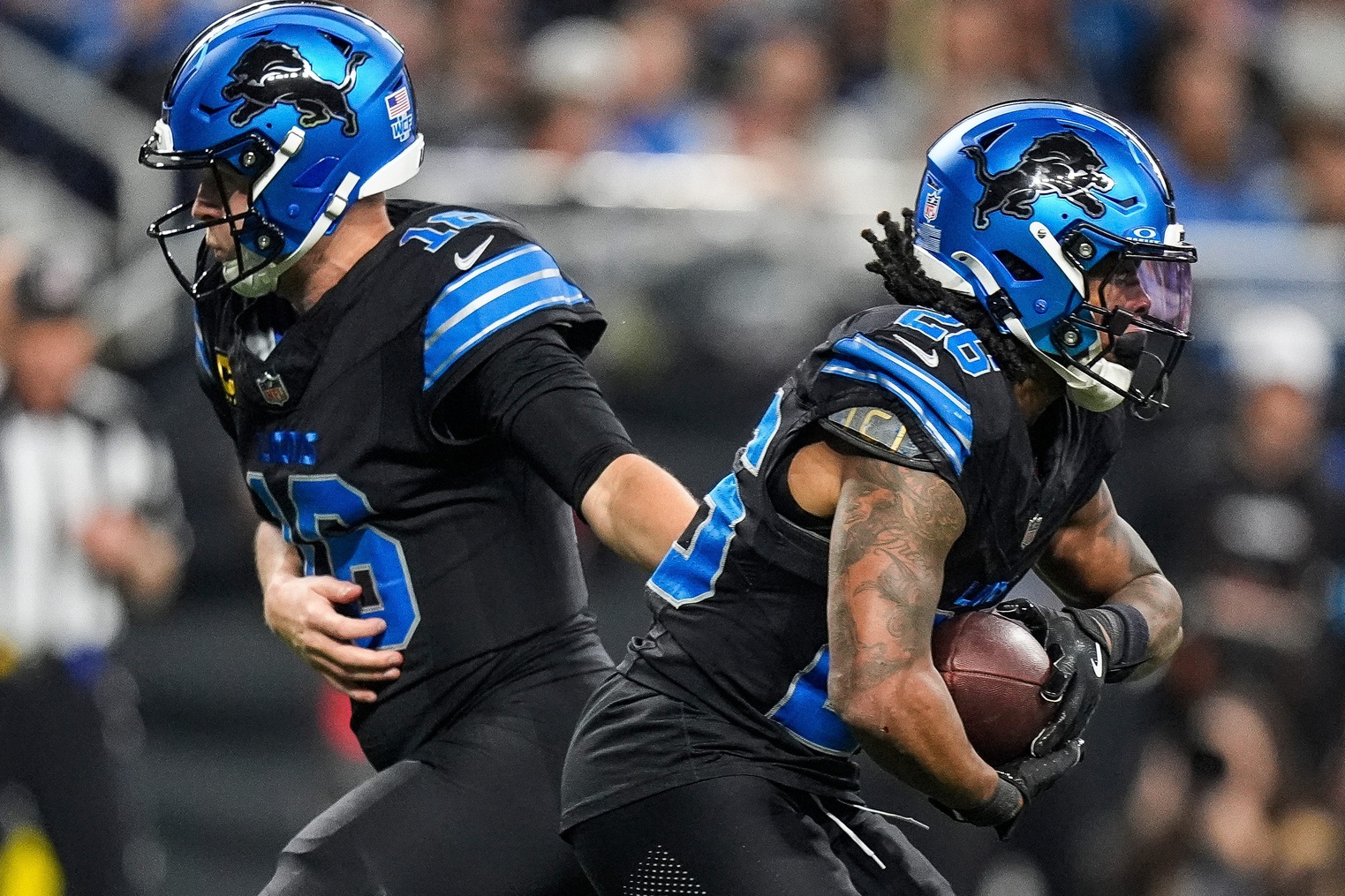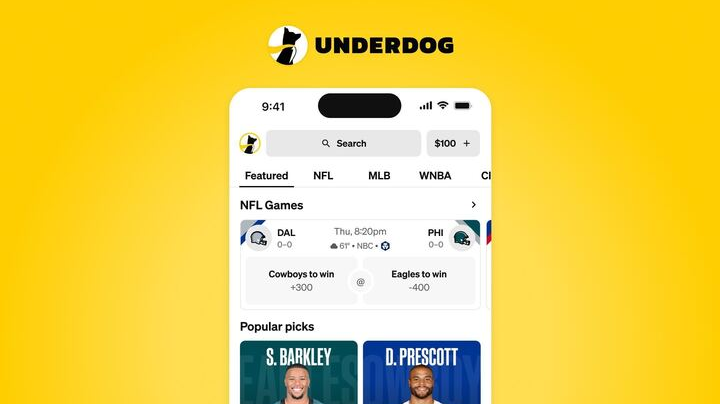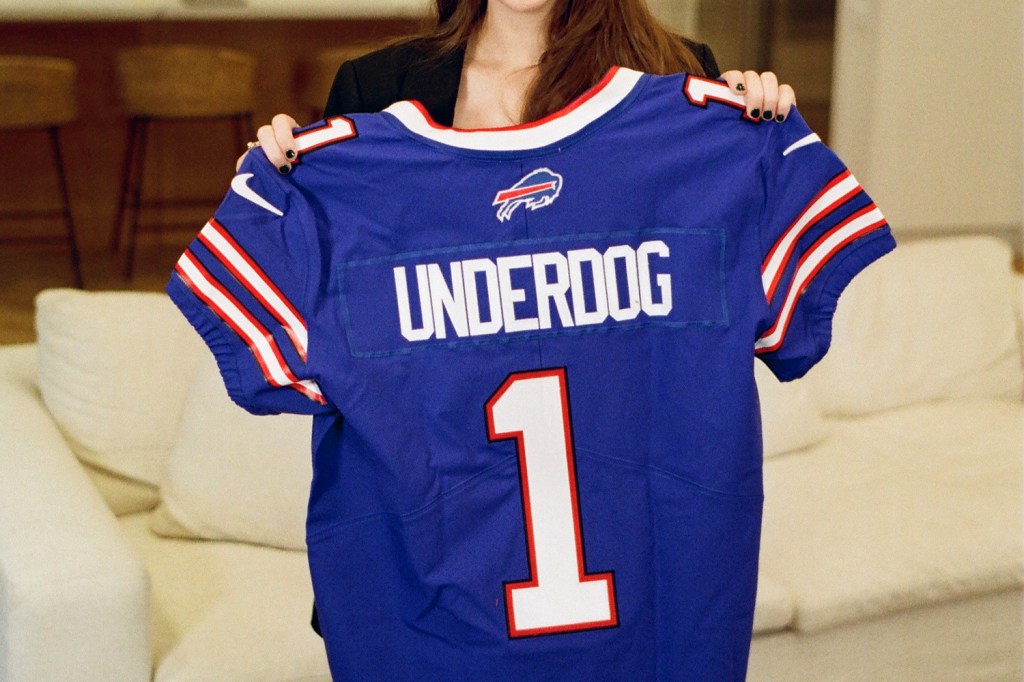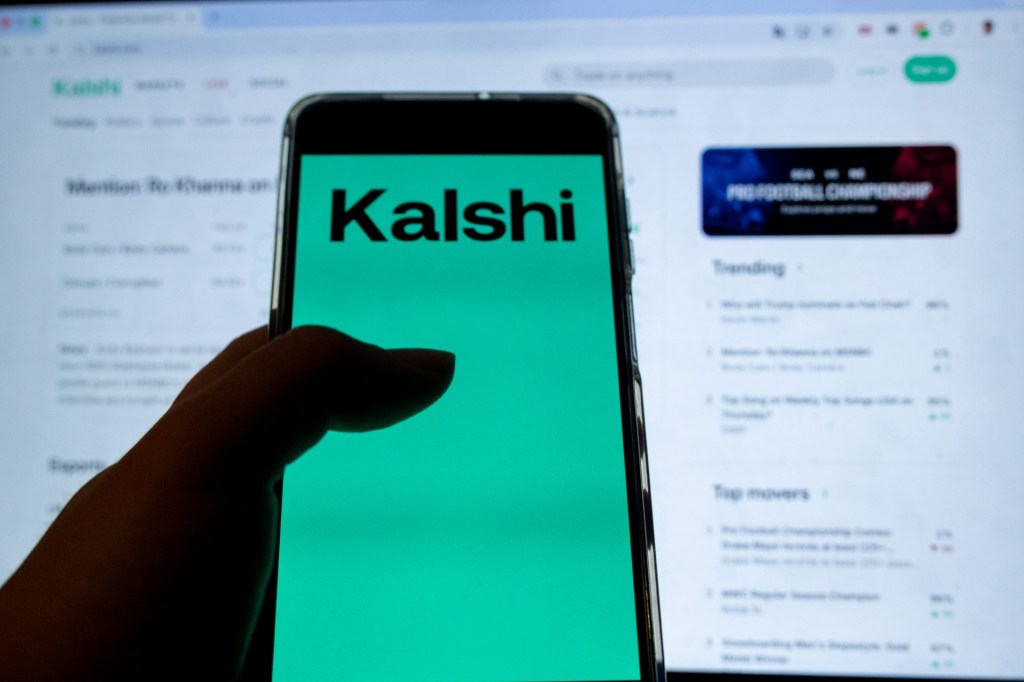Crypto.com is not immediately complying with a request from the Commodity Futures Trading Commission (CFTC) to pause the availability of Super Bowl futures exchange contracts for a review by the federal government.
Shortly before the holidays, Crypto.com added “event contracts” for which team will win the Super Bowl, and they have been trading ever since.
On Tuesday, the CFTC requested that the site “suspend” the contracts to review their legality.
However, a Crypto.com spokesperson told Front Office Sports that the contracts would continue to trade, expressing dismay that the regulatory body didn’t wait until after Donald Trump is inaugurated to conduct the review and citing a belief that the contracts are legal based on recent rulings in federal court.
“It is disappointing that the current and imminently departing CFTC leadership would take this action while not allowing the incoming CFTC leadership to determine how free markets operate under its administration. The majority’s decision to apply this rule contradicts recent Federal Court rulings and conflicts with the current Commission’s own statement set forth in its recent rule proposal,” the company said in a statement.
“We remain committed to working with the CFTC and will continue to support our customers and the trading of our sports title event contracts in all 50 states without interruption while we review the CFTC’s notification.”
The CFTC will be in flux when President-elect Trump takes office. The commission’s chair, Rostin Behnam, has announced he will be stepping down from the position on Jan. 20, the day Trump is inaugurated, and leaving the regulatory agency entirely on Feb. 7. Currently, the CFTC has three Democrats and two Republicans, and the balance will inevitably flip when Trump appoints Behnam’s replacement.
Crypto.com—which has 100 million users in 90 countries, according to its site—is the naming rights sponsor of the arena for the Lakers, Kings, and Sparks in Los Angeles, formerly known as the Staples Center.
Gambling operators would almost assuredly prefer if the CFTC puts a kibosh on exchange-based sports markets. There has been much discussion in sports business circles about the extent to which exchanges like Crypto.com—as well as Kalshi, Robinhood, and Polymarket—could pose an existential threat to sportsbooks like DraftKings and FanDuel.
The exchanges are available in all 50 states, whereas the sportsbooks are in 38 states (missing large-population ones like Texas and California) and are susceptible to a more onerous tax structure. Because the exchanges represent trades between two counterparties as opposed to bettors wagering directly against the house in the case of sportsbooks, the traditional 10% “vig” taken by the house in sports bets can be significantly lower on exchange-based trades.
The exchanges go to great lengths to say their trades are not “gambling,” but there is little functional difference between their Super Bowl contracts and the futures you’d find on a traditional sportsbook.
Depending on where things ultimately land with the CFTC, the exchanges could get ambitious enough to try posting single-game contracts and even potentially player props, which would in theory greatly threaten the sportsbooks’ current stranglehold on the market.
Last year, the exchange Kalshi emerged victorious in federal court over the CFTC in its bid to post presidential election and other political contracts.








![[Subscription Customers Only] Jun 15, 2025; Seattle, Washington, USA; Botafogo owner John Textor inside the stadium before the match during a group stage match of the 2025 FIFA Club World Cup at Lumen Field.](https://frontofficesports.com/wp-content/uploads/2026/02/USATSI_26465842_168416386_lowres-scaled.jpg?quality=100&w=1024)








